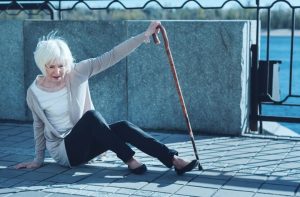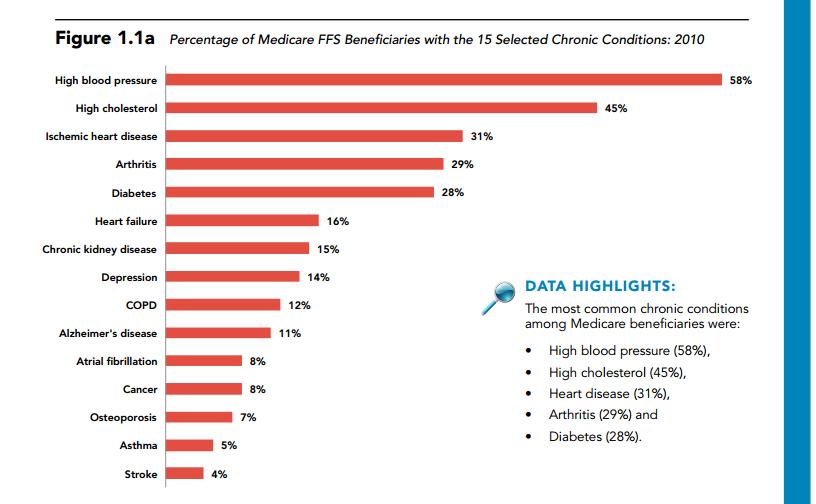“Doctor, do you diagnose dementia? Because I need someone who can diagnose dementia.”
A man asked me this question recently. He explained that his 86 year-old father, who lived in the Bay Area, had recently been widowed. Since then the father had sold his long-time home rather quickly, and was hardly returning his son’s calls.
The son wanted to know if I could make a housecall. Specifically, he wanted to know if his father has dementia, such as Alzheimer’s disease.
This is a reasonable concern to have, given the circumstances.
However, it’s not very likely that I — or any clinician — will be able to definitely diagnose dementia based a single in-person visit.
But I get this kind of request fairly frequently. So in this post I want to share what I often find myself explaining to families: the basics of clinical dementia diagnosis, what kind of information I’ll need to obtain, and how long the process can take.
Now, note that this post is not about the comprehensive approach used in multi-disciplinary memory clinics. Those clinics have extra time and staff, and are designed to provide an extra-detailed evaluation. This is especially useful for unusual cases, such as cognitive problems in people who are relatively young.
Instead, in this post I’ll be describing the pragmatic approach that I use in my clinical practice. It is adapted to real-world constraints, meaning it can be used in a primary care setting. (Although like many aspects of geriatrics, it’s challenging to fit this into a 15 minute visit.)
Does this older person have dementia, such as Alzheimer’s disease? To understand how I go about answering the question, let’s start by reviewing the basics of what it means to have dementia.
5 Key Features of Dementia
A person having dementia means that all five of the following statements are true:












